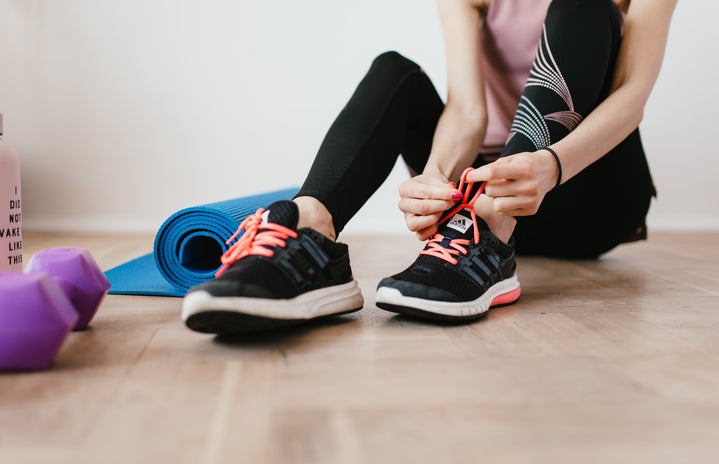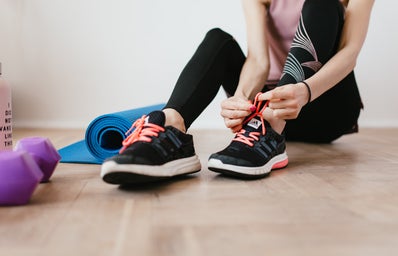Like many college students, I have a tendency to overload myself. My freshman year, I decided to sign up for every club and play I was interested in. I would go home and work some weekends, and all the while still trying to maintain good grades and a healthy social life. I would overload my time so much so that I settled into a very unhealthy relationship with food. I would frequently forget to eat enough that I had gotten used to running on an empty stomach. However, this would leave me exhausted and lightheaded frequently. When I would wake up in the morning, I would feel so tired and drained that I was glued to my bed until I had to complete my next task for that day. Soon, even when I was hungry, I could not even eat more than a few bites before losing my appetite.
I was not taking care of myself. Not only was my unhealthy diet affecting my physical well-being, but my mental health as well. I got in the habit of accidentally skipping meals so often that I somehow convinced myself that it was normal. Every college student struggles with maintaining a healthy diet, right? As someone who struggles with body dysmorphia, this mentality only worsened my insecurities because I could physically see how this detrimental routine was affecting my body.
I knew I needed a change. I was scheduling everything and everyone into my day, except for myself. I was not giving myself enough alone time to recharge and refuel. Then early December of my freshman year, I decided that I was going to start regularly working out. Not only did it give me time to myself, but it forced me to schedule something into my day other than my responsibilities. While I was skeptical at first if I was going to be able to keep up the routine, because I cannot elaborate enough how many times I have downloaded a workout app and used it for only 3 days, I knew that if I kept the end goal in mind I would sustain motivation. I started off just doing at home workouts everyday–doing exercise circuits or even going on a run. After a few weeks of getting accustomed to exercising regularly, I applied for a gym membership and started a regular fitness schedule.
As can be predicted by my proclivity to keep myself busy, one of my biggest pet peeves is wasting my time. At the end of the day if I do not eat, it does not matter how many squats I do or how much I lift, because my muscles are not getting the necessary materials they need to recover and grow. Not only did I need to meet a caloric surplus while eating enough protein, but I needed to make sure I was eating enough, period. Not wanting to waste my workout shifted my mentality and helped me remember to eat before and after each workout–already placing two meals into my day. After a few weeks, I had not only noticed that I had gained a few pounds, but I observed the improvement in my mental health. When I was feeling groggy in the morning, going to the gym would wake me up and make me feel ready for the day. If I was having a rough week, I could blast music and let out my frustration while breaking a sweat. There was also something rewarding about being able to add another plate to my bar or seeing more definition in my core.
Exercising gave me goals, something to look forward to everyday. Not only did it help me become more physically and mentally healthy, but it made me want to stay that way from here on out. The first step to living healthy is deciding that you want to. You have to be willing to take the necessary steps to achieve it, and while it may be difficult, it most certainly is not impossible.


